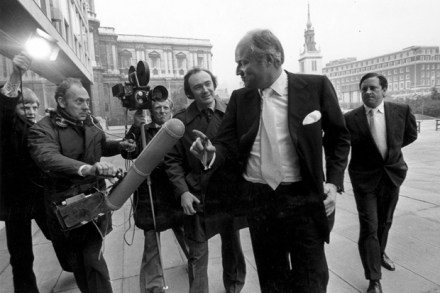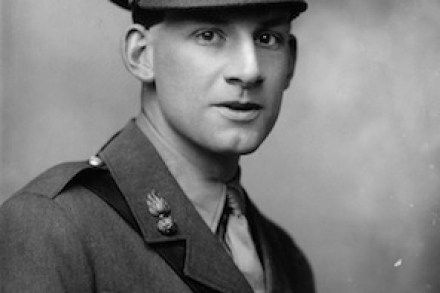Zac Goldsmith: How my dad saved Britain
In recent weeks Ed Balls has been offering a new reason to vote Labour: it was his party, he says, that saved Britain from joining the euro. Now, the shadow chancellor is free to say what he wants — and in a way, I’m pleased that he feels the need to convey such an impression. But the true story of how Britain was saved from the euro is somewhat different. It all happened nearly a generation ago, between 1995 and 1997, when I was in my very early twenties. It was my father, James Goldsmith, who set out to ensure that Britain would never join the euro without the consent
















